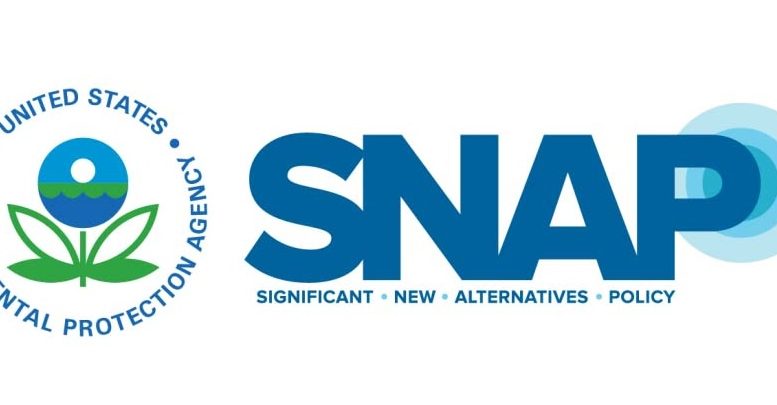
As midnight approached, the Parties to the Montreal Protocol took the unusual step of suspending, rather than adjourning, their Working Group meeting, to ensure they would be able to finalize terms for negotiating the final agreement to phasedown the refrigerants known as HFCs, before treaty’s annual meeting in Dubai 1 to 5 November.
- Press Releases




